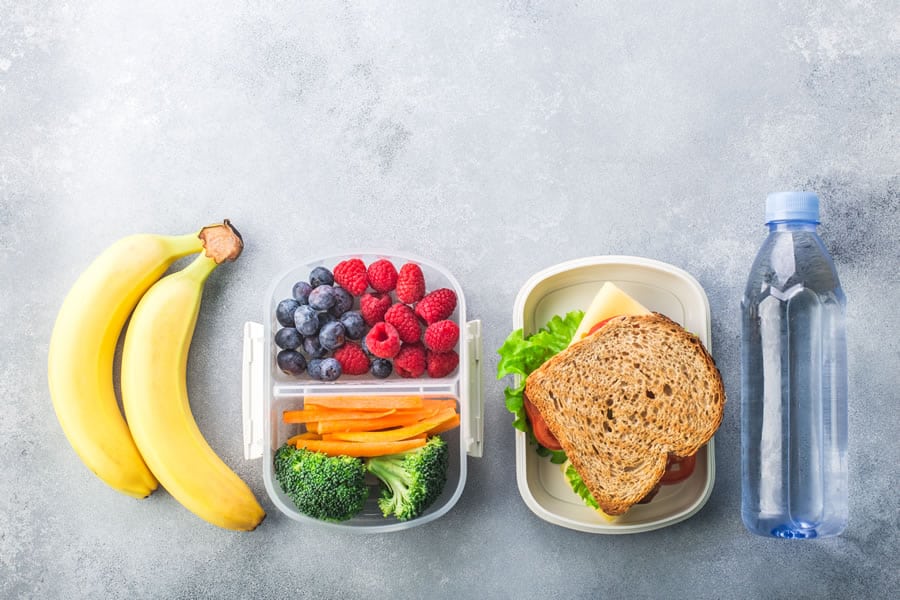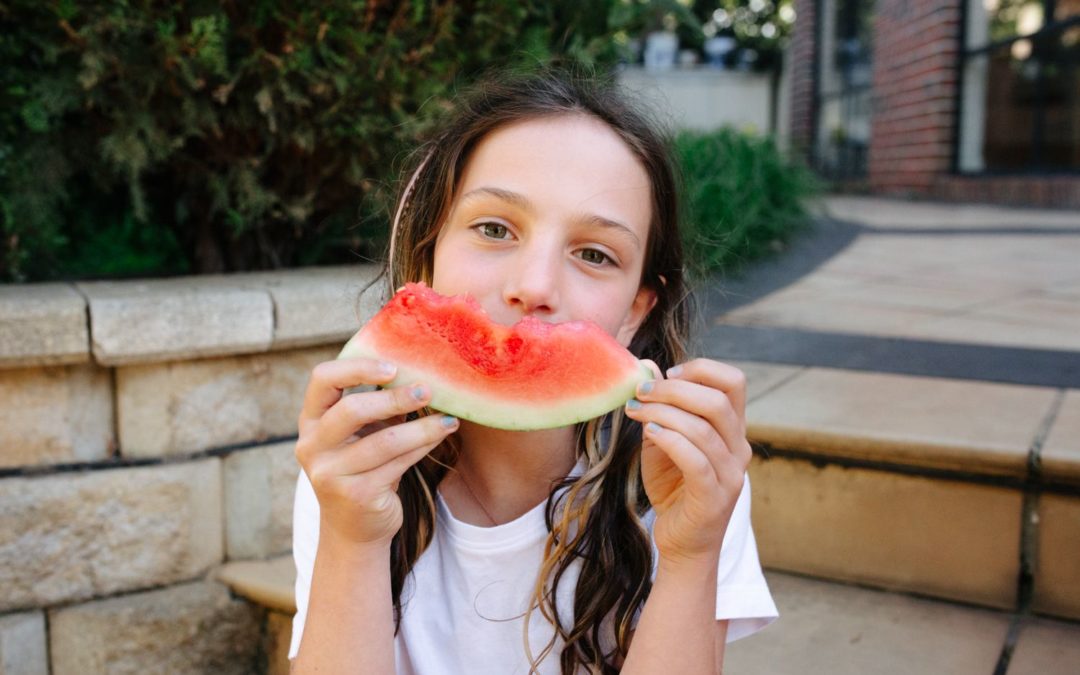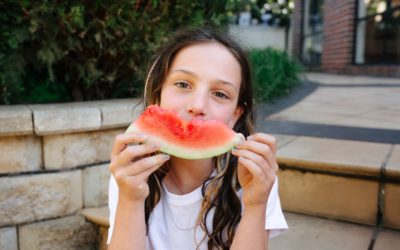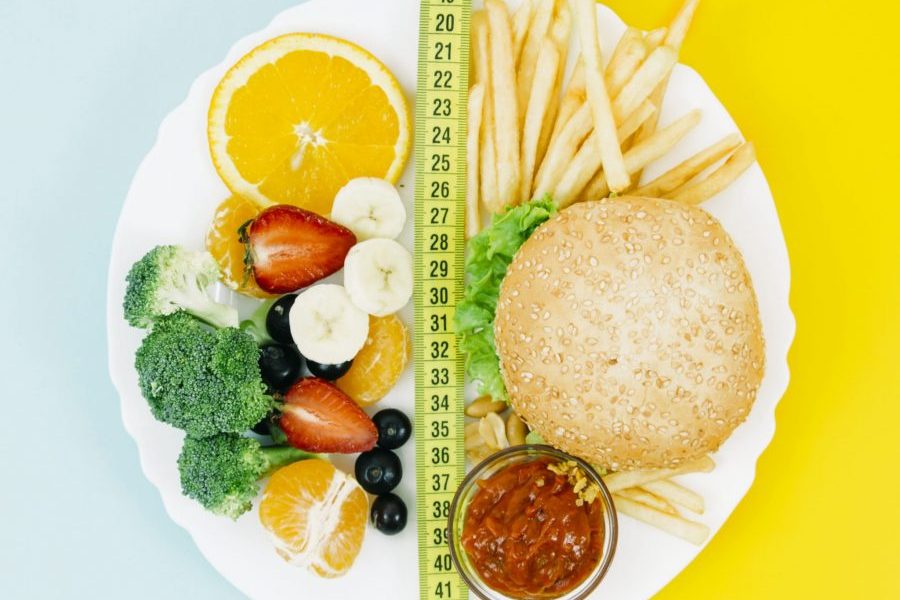The debate whether to hide veggies to get your children to eat them or make them clearly visible on your dinner plate has adults at a cross-roads.
On one hand, many children don’t like vegetables (YET), and the only way to ensure they’re eating enough throughout the day is to hide them in pasta sauces, quiches or even baked treats. On the other hand, shouldn’t we familiarise children with their veggies by showing them clearly on the plate so they can learn to accept them and make friends with them? That way, they can taste them and learn to love them in the process. Or should we do both?
So to hide, or not to hide? That is the question?
Let’s explore…
i love my grater, I think it’s just great!
I grate veggies into almost everything…pasta sauce is veggie packed, zucchini into pancakes and muffins and grated veg into meatballs. Veggie packing meals is great for helping everyone (not just the kiddos) eat more veggies; it is also healthy for the environment and our hip pocket. But tricking children to eat veggies, is a short term solution. Our ultimate aim is to help children learn to love veggies (so they enjoy them for life), so once you help your children on their veggie food journey, do start to un-hide them.
Grating, mixing and mashing extra veg into meals is a great strategy but it can be done without all the secrecy (which will make life much easier for you in the long term!)
kids need to build trust with food
Children need to build familiarity and trust with food. Just like you learn to read by first learning your letters, we need to teach children about veggies before we can expect them to start eating them.
It can be hard for children to build trust with veggies as they are not uniform shape or size, they even change texture when cooked. Teaching children to give veggies a chance in different forms takes time, patience and multiple positive exposures and experiences with them. If we are constantly hiding them (out of our own fear of children not eating them), we are not helping our children to learn to love veggies, plus the children will sense our fear 🙂 You need to start to believe your children just haven’t learn to like them YET.
teaching kids to love vegetables
One excellent way to encourage your kids to love vegetables is to offer them repeated opportunity to build a positive relationship with them. This means watching you eat and enjoy them, offering hands on experiences like shopping, gardening and cooking where they can be exposed to seeing, touching and experiencing veggies without the pressure to try them.
Try taking them to a local farmer’s market so they can see and talk to growers, let them help choose which vegetables you’re going to cook with and have them help cook in the kitchen with you (check out our Foost kids safe knife here). We know what you’re thinking – this sounds a little messy! But simply having them wash, mash, safely cut or mix some vegetables is a great start. Or think of messier cooking like a craft activity. A little messy cooking is also great for sensory development. If kids become more involved and educated about food, over time they are more likely to give it a try and eventually eat and enjoy a variety of colourful food.
un-hiding the veggies
When you are trying to un-hide veggies you can first start by building those exposures by having veggies on the side as well and within a dish.
Don’t scare the children by suddenly revealing there is 12 veggies secretly stashed in the meal but if a child asks you what is in a meal, you can be honest. It might be filled with sweet red capsicum and crunchy carrots. You can explain they are hard to taste because the delicious meatball flavour is so strong.
Children helping with meal prep is one of the best ways to show children what is going into their food without having to make a big deal of it. This naturally un-hides it.
You don’t need to voice every vegetable that is in there either, but let them watch whilst you cook and ask questions if they like.
to hide or not to hide?
Veggies mixed and mashed in dishes is great! But there is no need to be a super sleuth about it. We want our children to be well nourished but we are also teaching them about food as they will soon grow and become adults, and we want them to be veggie loving ones!










